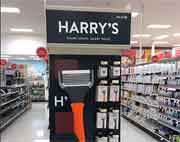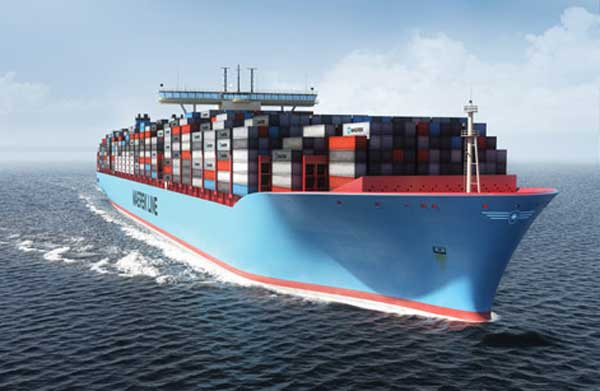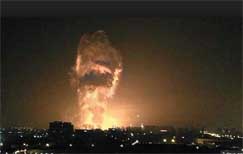| |
|
| |
|
 |
Supply
Chain by the Numbers |
| |
|
| |
- Nov. 11, 2016 -
|
| |
|
| |
|
| |
|
| |
Topsy-Turvy World of ecommerce Illustrated in Razor Market; Rail Carriers See Strong Margins Even in Weak Q3; China Come Down Hard on Tianjin Explosions; How Big Can Container Ships Go? |
| |
|
| |
| |
| |
10% |

|
|
|
| |
| |
|
20,000+
|
 |
That's how much TEU capacity the next generation of Triple E megaships that are going to be delivered to Maersk Line are likely to have, breaking the 20,000 TEU barrier for the first time in the industry, as ships continue to get larger and larger, chasing operational cost efficiencies. 11 of the new Triple E's are scheduled to be delivered to Maersk next April. One principal difference from the 18,340 TEU Triple-E predecessors is that the new ships sit deeper in the water and thus enable an extra tier of containers to be stowed on deck, from 11 to 12. When the new generation Triple E's were first announced, Maersk said they would be have a capacity of 19,630 TEU, but this week the analysts at Alphaliner wrote that "First images from the shipyard suggest that Maersk Line has extensively modified the design of the ships to further increase container intake." How much bigger can these ships get? We're not sure, but we have heard designs already exist for 22-23,000 TEU vessels. |
| |
| |
|
| |
| |
49 |
 |
That's how many people the Chinese government is sending to prison for allegedly having a role in enabling the deadly explosions at a warehouse complex in the port city of Tianjin that killed at least 165 people in August 2015 and caused widespread supply chain disruptions. The people sentenced include 25 government officials and 24 staffers of the companies involved, according to China's state-run Xinhua news agency. The most serious sentence was handed to Yu Xuewei, the chairman of the 3PL that owned the warehouses (Ruihai Logistics). He was sentenced to "death with a two-year reprieve," Xinhua reported, after a court found him guilty of bribing port administration officials with cash and goods worth $23,333 to obtain a certificate to handle hazardous chemicals at the port. Under such sentences with temporary reprieves, the sentence is often reduced to life in prison, Chinese sources say. Others sentenced to prison time include staff from Ruihai and another company that provided Ruihai with "counterfeit safety evaluations." That's one way to discourage lax safety in the supply chain for sure. |
| |
| |
|
|
|
| |
 |
 |
| |
|
|
| |